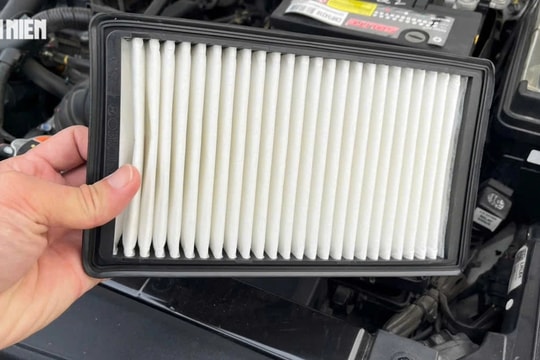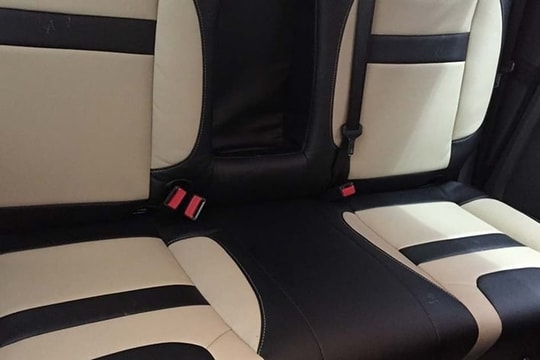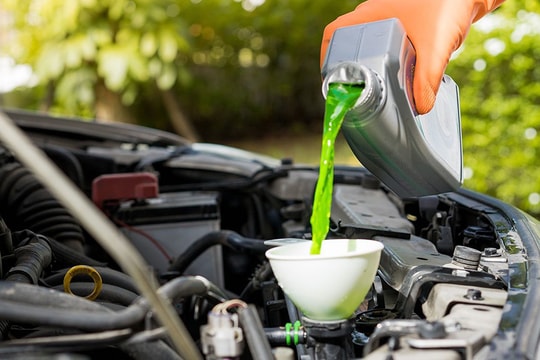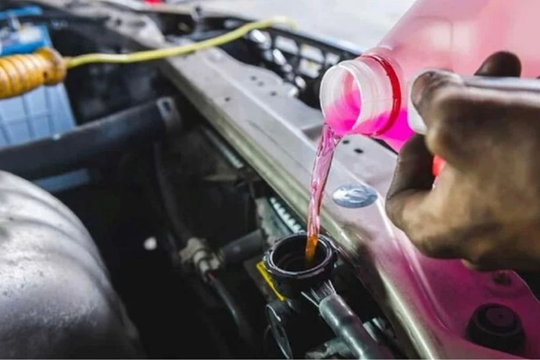Causes of car coolant loss
Cars with coolant loss pose a risk of fire or explosion when operating in hot weather.
Coolant plays an important role in regulating the temperature of the engine and other parts of the vehicle. However, during use, the coolant in the vehicle gradually depletes, leading to negative effects on the engine.
According to technical experts, car coolant loss can be caused by many different factors, but the common causes are as follows:
Leaked out
One of the common causes of car coolant loss is leakage to the outside. This is due to pipes or joints not being tightened or being cracked, punctured... However, it is difficult for users to detect because this location is deep in the engine compartment.
In addition, the radiator can be damaged due to long-term use or punctured by rocks and gravel. This problem also causes coolant loss. A leaking radiator cap can also cause coolant loss.
Coolant leaks into the combustion chamber
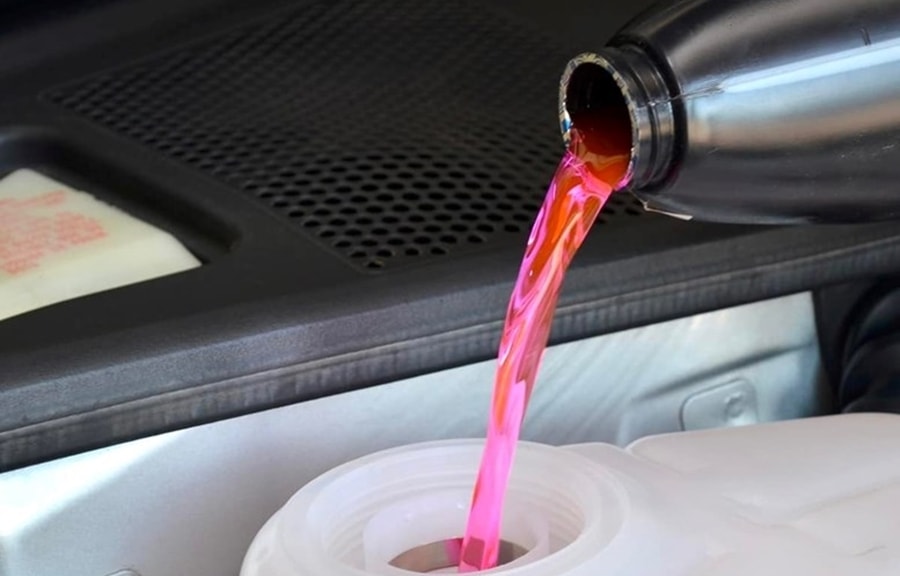
In a car engine, there is a cylinder head gasket that helps seal the cylinder head and the cylinder block. If the cylinder head gasket is damaged, coolant can enter the combustion chamber or mix with the oil lines.
In addition, a cracked engine cylinder also allows coolant to leak into the combustion chamber.
Leaking water tank
The loss of car coolant can also be caused by a leaking sub-tank. When the engine is not running, the coolant is stored in the radiator and pipes. When the engine starts, the temperature increases, increasing the volume of the liquid. At this time, the sub-tank acts as a reservoir to help regulate the pressure. Over time, the quality of the sub-tank decreases, the seal can leak. The high pressure pushes some of the coolant out, causing loss.
How to fix
To fix the problem of coolant loss, users should check the water level regularly to detect the loss and replenish it in time. Before each trip, open the hood and check the auxiliary tank so that the water level is maintained between the Max and Min lines. If the water level is below the Min line, it is necessary to replenish it in time.
While driving, regularly check the temperature gauge on the dashboard. If the temperature gauge points to Hot, stop the car and open the hood to cool it down. Then check the cooling system to find the cause and take corrective action.
If the vehicle malfunctions or the temperature gauge is too high, avoid opening the reservoir cap. High pressure and temperature in the reservoir can cause serious injury.
To protect the engine, use coolant solutions specifically designed for cars.

